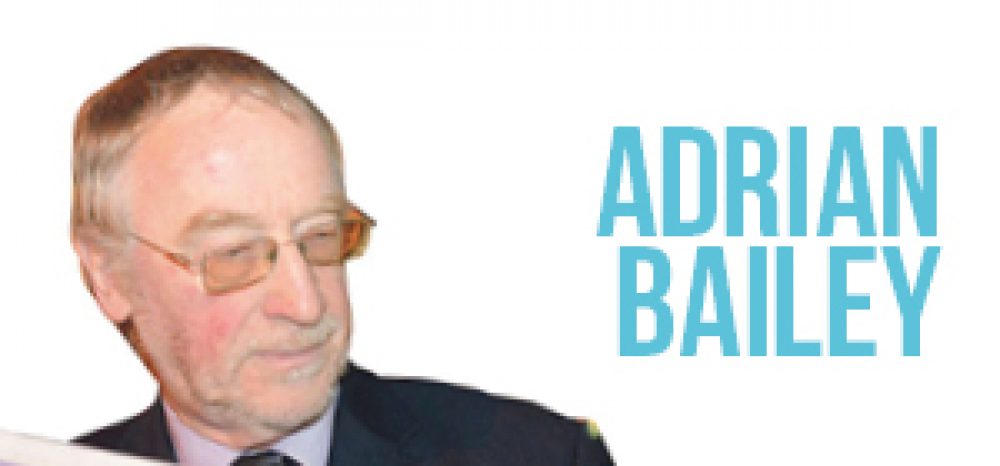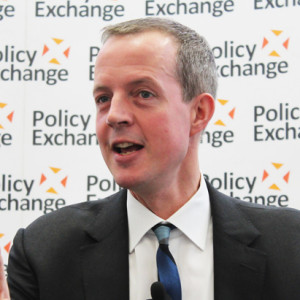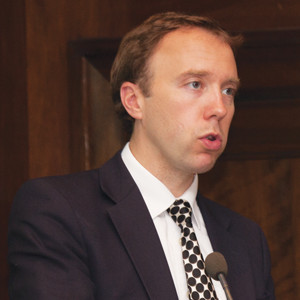Greater co-operation across several government departments, a review of funding and a high profile national campaign were among a host of measures put forward by MPs aiming to address poor literacy and numeracy in England.
Members of the House of Commons Business, Innovation and Skills (BIS) Select Committee also rejected GCSEs as the only qualification by which attainment in numeracy and literacy should be judged.
Committee chair Adrian Bailey (pictured) said: “By adopting the recommendations of our report, the government can make a real difference to people’s lives and our economy’s productivity.”
Skills Minister Nick Boles (pictured right) said the MPs’ inquiry was “timely and thorough” and that he would “carefully consider its conclusions”.
The inquiry, whose report came out today — UN International Literacy Day, followed a survey in October by the Organisation for Economic Co-operation and Development (OECD) — based on interviews with 166,000 people in 24 countries — that found that England and Northern Ireland was ranked 22nd for literacy and 21st for numeracy.
The inquiry opened in February and took evidence from a host of witnesses, including National Institute of Adult Continuing Education (Niace) chief executive David Hughes; Tom Wilson, director of Unionlearn, TUC; Karen Adriaanse, HMI specialist adviser, the national adviser for careers guidance and employability, Ofsted, and former Skills Minister Matthew Hancock (pictured left).
And MPs, who produced a video outlining their findings (see below), were complimentary of Mr Hancock’s efforts to address low levels of numeracy and literacy, but urged his successor, Mr Boles, to continue to focus on the issue and called for greater collaboration between departments for education, BIS, work and pensions, communities and local government, and the justice and defence ministries.
The committee report said: “We recommend that a civil servant in each of the relevant departments is chosen to act as a champion for adult literacy and numeracy. Should close collaboration between these departments not be delivered, we recommend that the Minister be given more formal powers to intervene in those departments on matters of adult literacy and numeracy.”
It added: “The government must make best use of limited funds, and so we urge them to undertake long-term, joined-up planning, concentrating resources on a core of effective, established, proven schemes, rather than being diverted by a proliferation of short-lived pilots across various departments.
“First and foremost, the government must get the message across to those adults with limited English and maths skills that help is available, with a national campaign that advertises the fact that there is free training and tuition for any adult who wants to study English and maths up to GCSE level.”
The committee also highlighted the importance of GCSE alternatives, such as functional skills.
The report said: “We reject the blanket acceptance that GCSEs in English and maths are the gold standard by which schemes and attainment are measured.”
It added: “The government has successfully recognised that a more flexible approach to learning reaps success, and therefore the accompanying government funding must move away from the traditional, linear approach to achieving qualifications.”
The bidding process for adult learning contracts should be reviewed, the committee said.
“The Skills Funding Agency’s bidding process means that demonstrably successful providers of courses have to go through the process of rebidding, which leads to insecurity of both the learners and staff providing those courses. BIS needs to re-examine this,” said the report.
“Schools do not have this insecurity, neither should providers of adult courses.”
Mr Bailey said: “There is no silver bullet to tackling the problem of low levels of adult literacy and numeracy but a national campaign will help to get the message out to those who are most in need of support.”
He added: “Adult learning can play a vital role in helping people escape the trap of low-skilled jobs or unemployment, yet the committee found there was little rigorous or uniform assessment in place for when adults claim unemployment benefit despite the fact that this is an ideal opportunity to help adults to gain essential skills needed to get a job.
“The committee calls on the Department for Work and Pensions, the Department for Business, Innovation, and Skills, and Jobcentre Plus and skills providers to work closely to ensure there is consistent and thorough assessment of skills at the earliest possible stage of unemployment benefit claims.
“The committee urges the government to take a more flexible approach to adult learning, both in the types of programme on offer — by voluntary and paid organisations — and in the types of funding given by the government.
“The committee is concerned about reductions in funding to adult learning schemes and calls on the government to reverse its decision to cut funding to Unionlearn, a scheme which has achieved outstanding results at a fraction of the cost of full-time formal education.”
Mr Boles said: “Good English and maths skills are vital if people are to fulfil their potential and to find and sustain employment.
“The BIS Select Committee inquiry report is an important study into how the government and other organisations are helping adults improve their reading, writing and maths skills.
“The report rightly highlights the excellent work already underway, but we must not be complacent. We will continue our reforms to raise aspirations of learners and to improve the quality of English and maths teaching.
“I welcome this timely and thorough investigation into adult literacy and numeracy, and will carefully consider its conclusions.”
Click here to read responses to the report from Niace, the Association of Colleges, the Association of Employment and Learning Providers and the TUC.
See edition 110 of FE Week, dated Monday, September 15, for an expert piece on the findings by committee chair Mr Bailey.










Your thoughts